
Mystical Musanze Caves: Rwanda's Subterranean Wonder
Nestled in the lush, mountainous region of northern Rwanda, the Musanze Caves are a geological marvel waiting to be explored. These ancient caves were formed over a million years ago by volcanic activity and stretch for 2 kilometers beneath the earth's surface. Visiting the Musanze Caves offers a unique glimpse into the natural history of Rwanda, with its intriguing rock formations and dark, winding passages. The caves are home to a variety of bat species, adding a sense of adventure and mystery to your exploration. As you move deeper into the tunnels, you'll be captivated by the echoing sounds of these nocturnal creatures. The caves are well-lit and accessible, featuring wide paths that make it easy for visitors to navigate. Beyond the caves, Musanze offers stunning landscapes and rich cultural experiences. The nearby Virunga Volcanoes provide a dramatic backdrop, and the area is known for its opportunities to trek and see mountain gorillas. This makes Musanze Caves an ideal destination for nature lovers and adventure seekers alike.
Local tips in Musanze Caves
- Wear sturdy shoes, as the cave floors can be uneven and slippery.
- Bring a light jacket; the temperature inside the caves is cooler than outside.
- Consider hiring a local guide for insightful commentary about the cave's history and geology.
- Respect the wildlife, particularly the bats, by keeping noise levels down.
- Combine your visit with a trek to see the mountain gorillas for a full adventure experience.
Mystical Musanze Caves: Rwanda's Subterranean Wonder
Nestled in the lush, mountainous region of northern Rwanda, the Musanze Caves are a geological marvel waiting to be explored. These ancient caves were formed over a million years ago by volcanic activity and stretch for 2 kilometers beneath the earth's surface. Visiting the Musanze Caves offers a unique glimpse into the natural history of Rwanda, with its intriguing rock formations and dark, winding passages. The caves are home to a variety of bat species, adding a sense of adventure and mystery to your exploration. As you move deeper into the tunnels, you'll be captivated by the echoing sounds of these nocturnal creatures. The caves are well-lit and accessible, featuring wide paths that make it easy for visitors to navigate. Beyond the caves, Musanze offers stunning landscapes and rich cultural experiences. The nearby Virunga Volcanoes provide a dramatic backdrop, and the area is known for its opportunities to trek and see mountain gorillas. This makes Musanze Caves an ideal destination for nature lovers and adventure seekers alike.
When is the best time to go to Musanze Caves?
Iconic landmarks you can’t miss
Migano Cafe
Discover the unique flavors of Rwanda at Migano Cafe, where cozy ambiance meets delicious local and international cuisine.
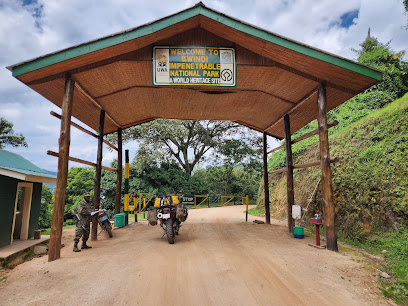
King's Palace Museum
Explore the royal heritage and cultural richness of Rwanda at the King's Palace Museum, a fascinating journey into the history of the Rwandan monarchy.
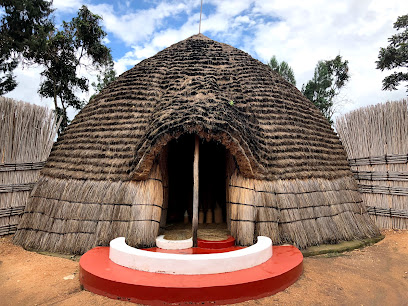
Kandt House Museum
Discover Rwanda's history at Kandt House Museum in Kigali, a captivating journey through the nation's past and cultural heritage.
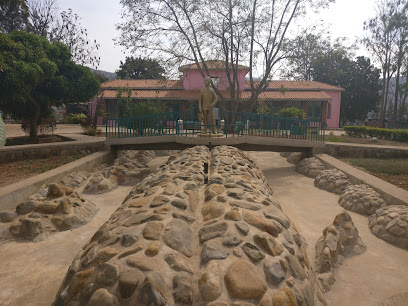
Five Volcanoes Boutique Hotel
Discover luxury and tranquility at Five Volcanoes Boutique Hotel, your gateway to Rwanda's breathtaking landscapes and unforgettable wildlife experiences.
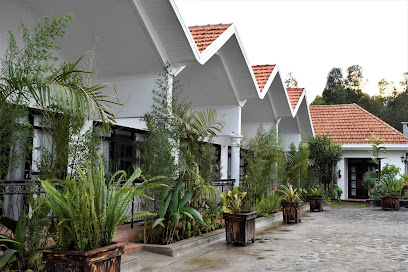
Ellen DeGeneres Campus of the Dian Fossey Gorilla Fund
Discover the Ellen DeGeneres Campus of the Dian Fossey Gorilla Fund, a beacon of gorilla conservation and education in the heart of Rwanda's stunning landscape.
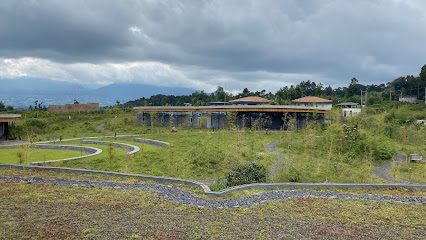
Hotel Muhabura
Discover the charm of Hotel Muhabura in Ruhengeri, a perfect blend of comfort, history, and adventure near Rwanda's breathtaking landscapes.
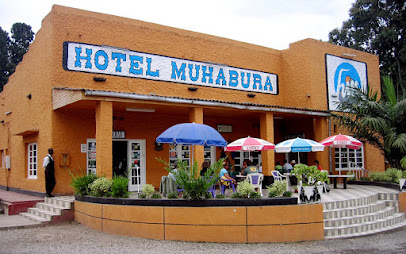
INZU Lodge
Discover the perfect blend of comfort and adventure at INZU Lodge, your serene getaway in the heart of Rubavu, Rwanda.

One&Only Gorilla's Nest
Discover luxury and adventure at One&Only Gorilla's Nest, a premier resort in Rwanda offering unparalleled gorilla trekking experiences and exceptional amenities.

La Locanda
Discover the charm of La Locanda, a cozy bed and breakfast in Ruhengeri, the gateway to Rwanda's stunning natural wonders.

Virunga Lodge
Experience breathtaking views and gorilla trekking at Virunga Lodge, the perfect retreat for nature lovers in Rwanda's Volcanoes National Park.

My Hill Eco Lodge
Explore the serene beauty of Lake Ruhondo at My Hill Eco Lodge, an eco-friendly retreat offering stunning views and local hospitality in Rwanda.

Gorilla Guardians
Explore the wonders of Gorilla Guardians in Rwanda, where adventure meets conservation in the heart of nature's beauty.
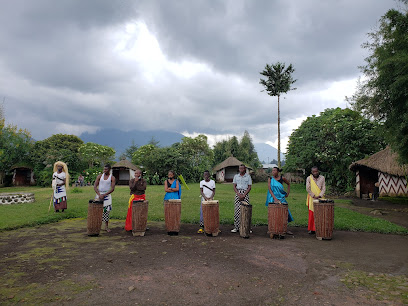
Wilderness Sabyinyo
Discover the breathtaking Wilderness Sabyinyo Lodge, your perfect retreat in Rwanda’s Volcanoes National Park, blending luxury with wildlife adventure.

Mountain Gorilla View Lodge
Discover the breathtaking beauty of Rwanda at Mountain Gorilla View Lodge, your gateway to the majestic Virunga Mountains and unforgettable wildlife encounters.

Kinigi Guest House
Discover the serene charm of Kinigi Guest House, your perfect base for exploring Rwanda's stunning landscapes and unforgettable wildlife adventures.

Unmissable attractions to see
Rwanda Art Museum
Explore the Rwanda Art Museum, a cultural gem in Kigali showcasing Rwandan artistry and history in a stunning former presidential palace.
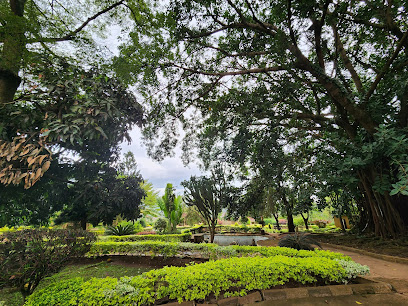
Gorilla naming place (Kwita izina - KinigiKong)
Experience the vibrant Gorilla Naming Ceremony in Kinigi, a celebration of conservation and Rwandan culture amidst breathtaking mountain views.
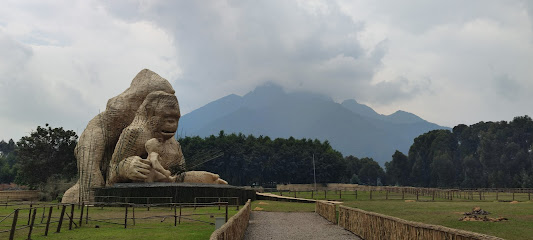
Boating Pier
Explore the tranquil beauty of the Boating Pier in Ruhondo, a perfect blend of adventure and relaxation amidst stunning natural landscapes.
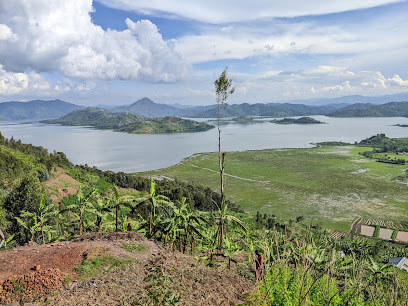
HIKE OF RWANDA HISTORICAL ADVENTURES
Discover breathtaking views and rich history at the Hike of Rwanda Historical Adventures, a premier hiking destination in Musanze, Rwanda.
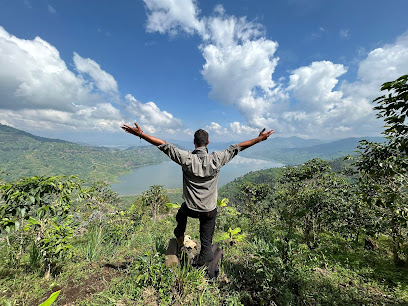
Kanyinya Canopy Walk
Experience the Kanyinya Canopy Walk in Kigali, Rwanda, where adventure and nature intertwine amidst breathtaking views and rich biodiversity.
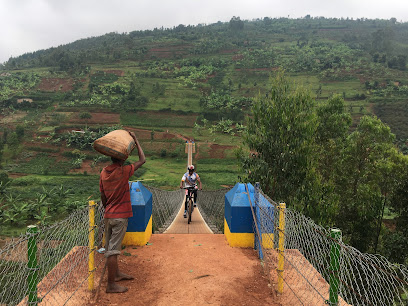
Tea plantation
Explore the breathtaking tea plantations of Nkuli, Rwanda, where lush landscapes and rich flavors unite in a tranquil escape for nature and tea lovers.
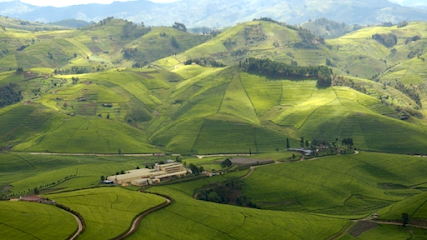
Mt Rugarika
Explore Mt Rugarika, a stunning tourist attraction in Colline Nyarutembe, offering breathtaking views, serene hiking trails, and a glimpse into Rwandan culture.
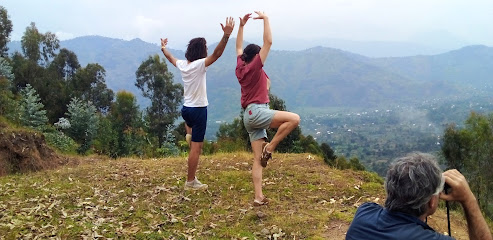
Kigali view from shyorongi
Experience the breathtaking views of Kigali from Shyorongi, a serene viewpoint perfect for photography and picnics amidst nature's beauty.
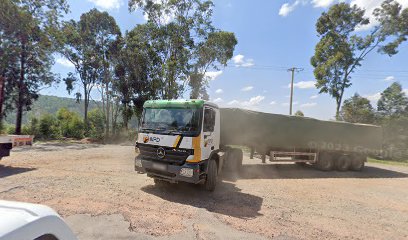
Rimba House of Fashion and Arts
Discover Rwanda's vibrant culture at Rimba House of Fashion and Arts, where local fashion and artistic talent shine in the heart of Ruhengeri.
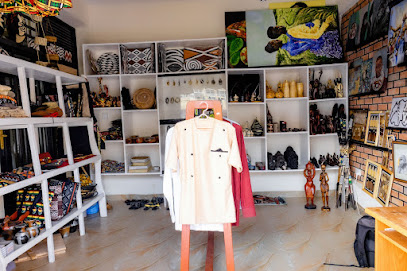
Ishobe farm
Explore Rwanda's natural beauty at Ishobe Farm, a serene escape in Kigali showcasing sustainable agriculture and local culture.
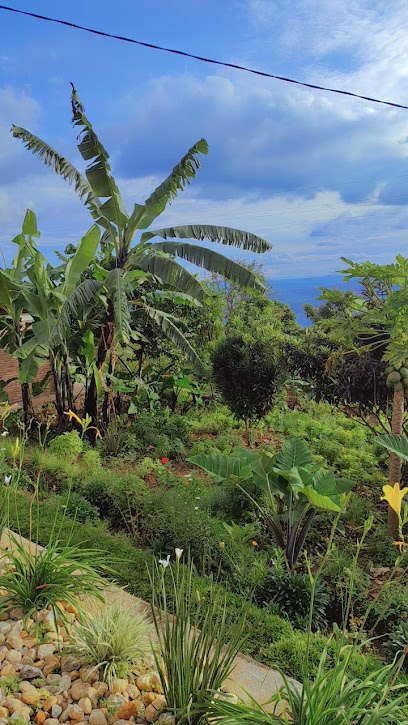
the house of tuyemma
Experience the cultural richness of Rwanda at the House of Tuyemma, a stunning tourist attraction in Kigali showcasing local heritage and history.
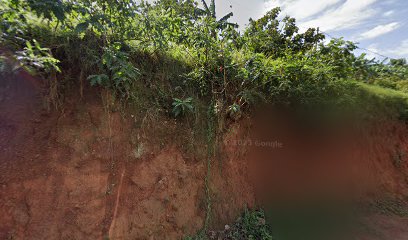
Tea project Ltd
Experience the beauty and culture of tea at Tea Project Ltd in Birambo, Rwanda, where lush landscapes meet rich traditions.
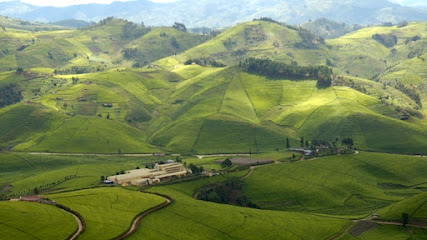
Rwanda tours
Discover the breathtaking landscapes and unique wildlife of Rwanda with unforgettable tours that connect you to nature and culture.
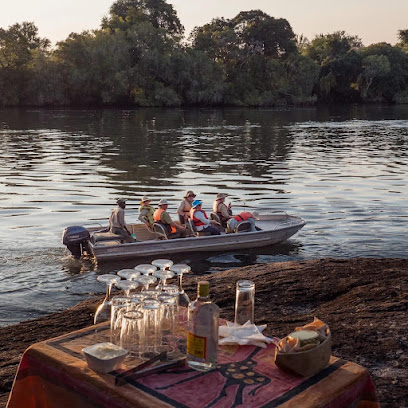
Kigali
Discover the vibrant culture, rich history, and stunning landscapes of Kigali, Rwanda's captivating capital city.
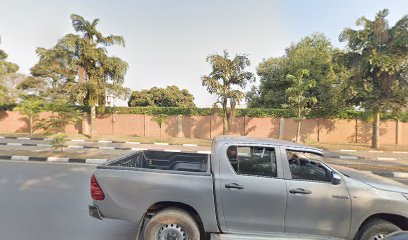
Umurindi w'Amahoro
Explore the cosmos at Umurindi w'Amahoro in Kibuye – a tranquil observatory offering breathtaking views and celestial experiences.

Essential places to dine
Migano Cafe
Experience authentic Rwandan flavors at Migano Cafe—your cozy retreat in the heart of Rwanda's culinary landscape.
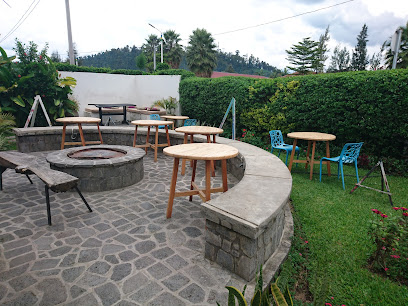
Five Volcanoes Boutique Hotel
Experience breathtaking views and comfort at Five Volcanoes Boutique Hotel in Rwanda's enchanting landscape near Volcanoes National Park.
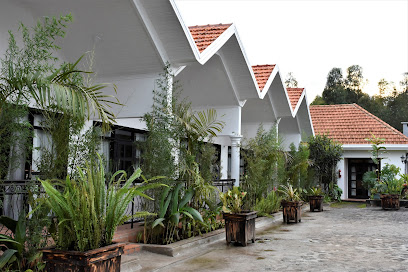
Classic Lodge
Discover tranquility at Classic Lodge in Ruhengeri - your gateway to Rwanda's breathtaking landscapes and unforgettable adventures.

Hotel Muhabura
Discover comfort and culture at Hotel Muhabura in Ruhengeri - your perfect base for exploring Rwanda's natural beauty.
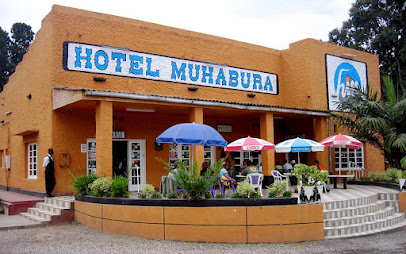
One&Only Gorilla's Nest
Discover unparalleled luxury at One&Only Gorilla's Nest, your gateway to Rwanda's majestic mountain gorillas and breathtaking landscapes.

Ruhondo Beach Resort
Discover tranquility at Ruhondo Beach Resort – your serene escape on the shores of beautiful Ruhondo Lake in Rwanda.

La Locanda
Discover tranquility at La Locanda - your ideal bed & breakfast retreat in Ruhengeri with stunning mountain views and authentic Rwandan hospitality.

Amikus Coffee & Pizza
Discover Amikus Coffee & Pizza: where gourmet flavors meet stunning views in Muhoza, Rwanda.
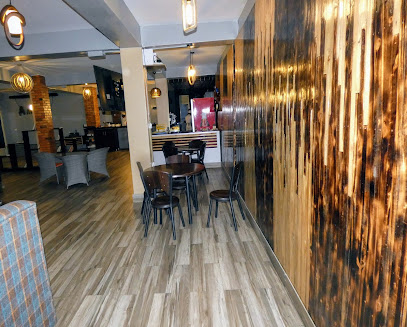
Volcana Lounge
Savor the best of Rwandan and international cuisine at Volcana Lounge in Musanze - where every meal tells a story.
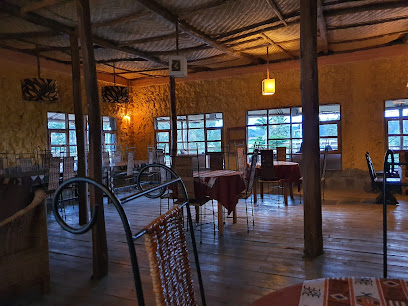
Wilderness Sabyinyo
Discover luxury and adventure at Wilderness Sabyinyo Lodge in Rwanda's breathtaking Volcanoes National Park.

The Bishop's House Rwanda
Discover luxury and comfort at The Bishop's House in Ruhengeri - your gateway to exploring Rwanda’s breathtaking landscapes.

Cave Coffee
Discover Cave Coffee in Kigali: where exceptional brews meet local culture in a cozy bistro setting.
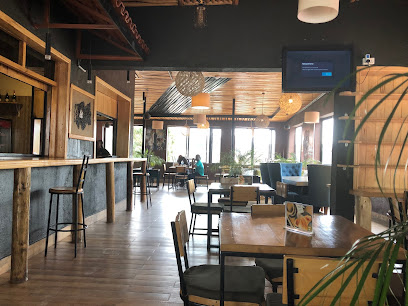
Susa Gardens
Discover authentic Rwandan flavors at Susa Gardens, where nature meets culinary delight in Susa village.
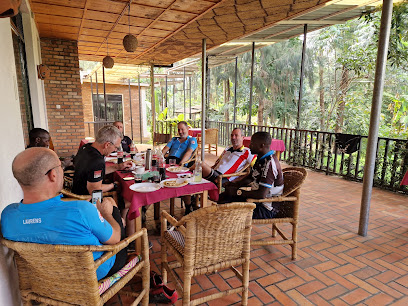
LA PAILLOTTE
Experience authentic Rwandan cuisine at La Paillotte in Ruhengeri, where great food meets local culture.
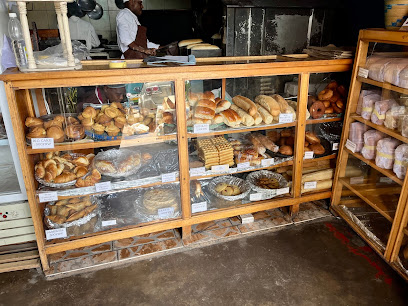
Wilderness Bisate
Experience luxury amidst nature at Bisate Lodge in Volcanoes National Park - a gateway to gorilla trekking and stunning mountain views.
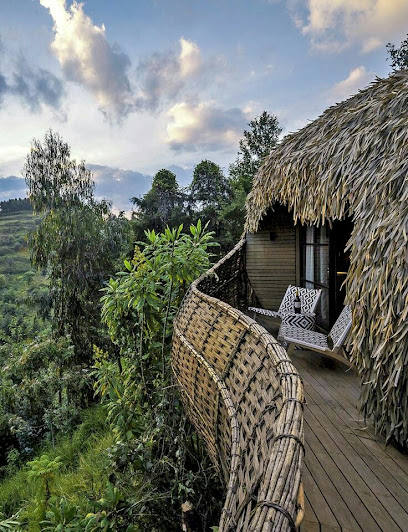
Markets, malls and hidden boutiques
Masha Arts Studio
Explore Masha Arts Studio in Ruhengeri: a fusion of art, coffee, and cozy accommodations, perfect for creative souls and culture seekers.
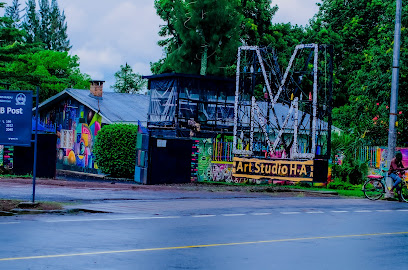
MASHA RWANDA
Discover the artistic charm of Masha, Rwanda - a unique blend of creativity, comfort, and cultural immersion in the heart of nature.
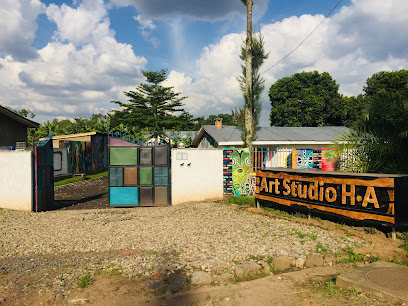
Inshuti Arts and Culture Center
Explore the vibrant arts and culture of Rwanda at Inshuti Arts and Culture Center, where creativity meets tradition.
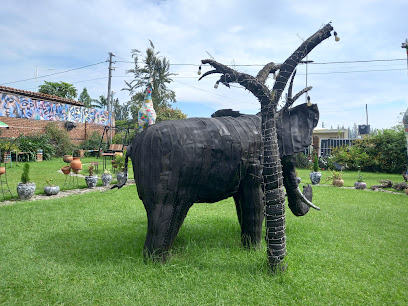
Umuzabibu Mwiza - Handspun Hope
Explore the vibrant world of Rwandan craftsmanship at Umuzabibu Mwiza - Handspun Hope, a boutique offering handmade gifts and unique artisan products.
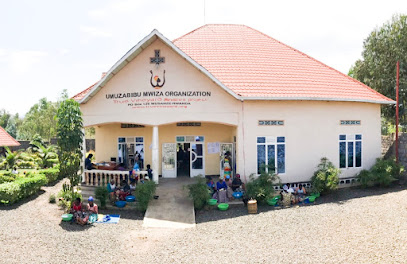
Musanze Caves Hotel
Experience the perfect blend of comfort and adventure at Musanze Caves Hotel, your gateway to Rwanda's stunning natural beauty.

Musanze Caves yagaruye ubuyanja
Discover the flavors of Rwanda at Musanze Caves - a culinary gem nestled in the breathtaking landscapes of Ruhengeri.
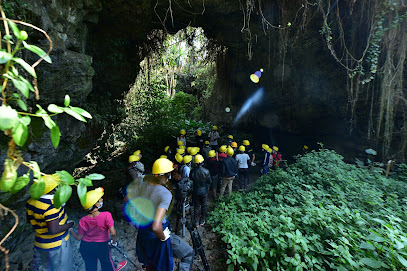
Musanze, Musanze
Discover the enchanting beauty of Musanze, Rwanda’s gateway to volcanic adventures and vibrant culture.
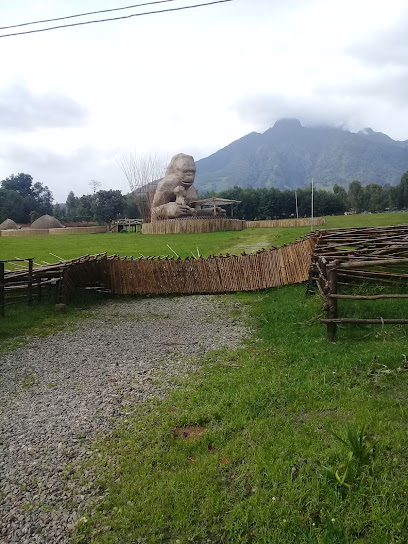
Musanze
Explore Musanze: A Cultural Gem in the Heart of Rwanda, Merging Artisan Craftsmanship with Breathtaking Nature.
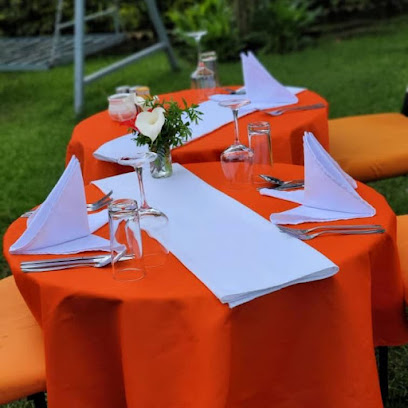
Musanze Wine
Discover the vibrant shopping and cultural experience at Musanze Wine in Ruhengeri, Rwanda, where local flavors meet traditional charm.

Essential bars & hidden hideouts
Migano Cafe
Experience the rich flavors of Rwandan coffee at Migano Cafe, a cozy spot in Musanze perfect for relaxation and cultural connection.
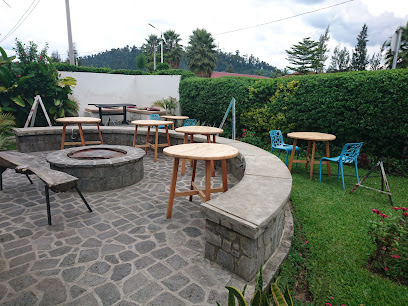
La Locanda
Experience the warmth of Rwandan hospitality at La Locanda, your serene bed and breakfast in the picturesque town of Ruhengeri.

Volcana Lounge
Discover a culinary oasis in Musanze at Volcana Lounge, where local flavors and a vibrant ambiance create memorable dining experiences.
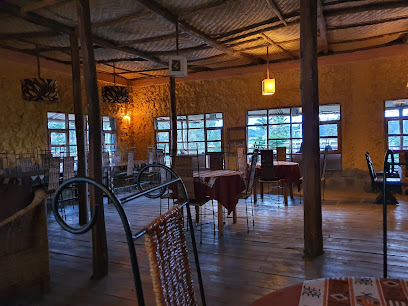
The Garden Place Hotel
Unwind in the tranquility of The Garden Place Hotel, where nature meets comfort in the heart of Ruhengeri, Rwanda.
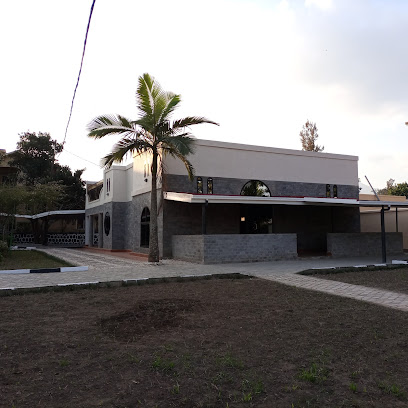
Susa Gardens
Experience the flavors of Rwanda at Susa Gardens, a cozy restaurant in the heart of Susa village, offering fresh local ingredients and warm hospitality.
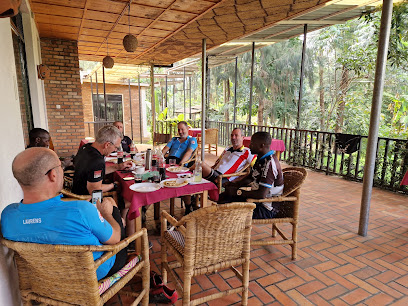
LA PAILLOTTE
Discover the charm of La Pailotte in Ruhengeri, a cozy bar offering delightful local cuisine and a friendly atmosphere for all visitors.
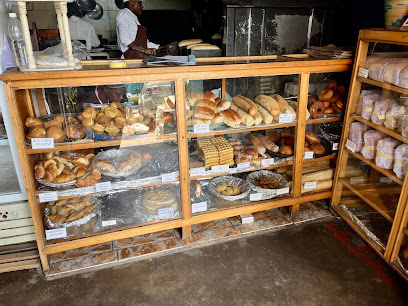
People Bar & Dance Venue
Experience the vibrant nightlife of Kigali at People Bar & Dance Venue, where music, dance, and great company come together.
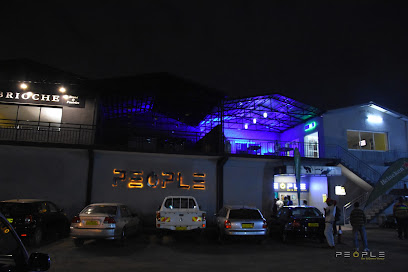
Afri-Indian restaurant
Discover the delightful fusion of African and Indian flavors at Afri-Indian Restaurant in Ruhengeri, a culinary gem waiting to be explored.
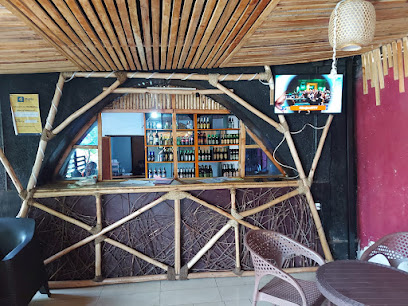
Maya's
Discover the flavors of Rwanda at Maya's, a delightful restaurant in Ruhengeri offering local and international cuisine in a warm atmosphere.

Musanze Caves Hotel
Discover the enchanting Musanze Caves Hotel, your perfect base for exploring Rwanda's stunning landscapes and rich cultural heritage.

Legacy Lounge & Wine Bar
Discover the lively Legacy Lounge & Wine Bar in Kigali, blending nightlife with fine wines in a chic atmosphere at Hotel des Mille Collines.
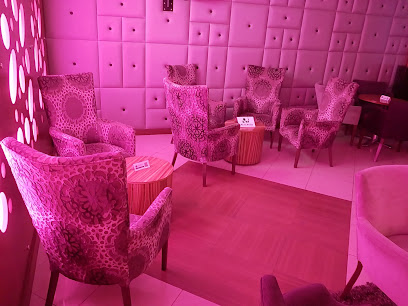
Musanze Caves yagaruye ubuyanja
Explore the stunning Musanze Caves, a natural marvel in Rwanda, filled with captivating formations and rich cultural history.
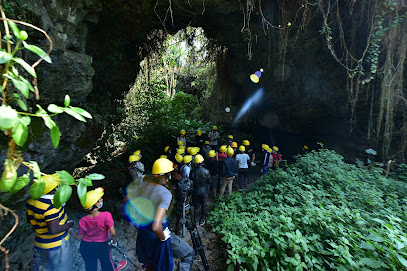
CHEZ CAMILLE CAFE-RESTO
Experience the flavors of Rwanda at Chez Camille Cafe-Resto in Ruhengeri, where local traditions meet culinary excellence in a cozy setting.
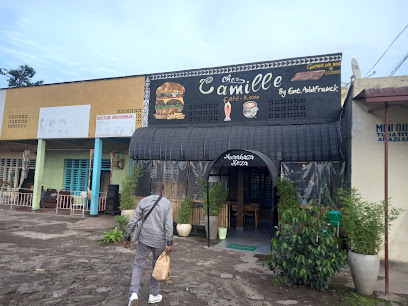
CHEZ SOSO
Discover the vibrant ambiance of Chez Soso, a local bar in Ruhengeri where drinks, culture, and community come together.
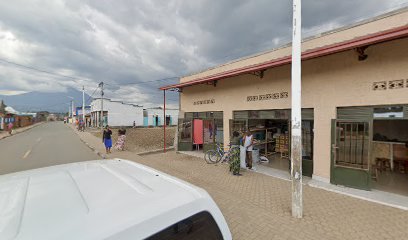
Local Phrases about Musanze Caves
-
- HelloMuraho
[moo-rah-hoh] - GoodbyeMurabeho
[moo-rah-beh-hoh] - YesYego
[yeh-goh] - NoOya
[oh-yah] - Please/You're welcomeKubaza/Amakuru
[koo-bah-zah/ah-mah-koo-roo] - Thank youMurakoze
[moo-rah-koh-zeh] - Excuse me/SorryNdasaba
[ndah-sah-bah] - How are you?Amakuru?
[ah-mah-koo-roo] - Fine. And you?Ni meza. Wowe?
[nee meh-zah. woh-weh] - Do you speak English?Wavuga ikinyarwanda?
[wah-voo-gah ee-kee-nyah-rwan-dah] - I don't understandNtazi
[en-tah-zee]
- HelloMuraho
-
- I'd like to see the menu, pleaseNshaka kugirango mbone ijambo, cyane
[n-shah-kah koo-gee-rah-ngo mm-boh-neh ee-jahm-bo, ch-yah-neh] - I don't eat meatNtiga inyama
[en-tee-gah ee-nyah-mah] - Cheers!Amahoro!
[ah-mah-hoh-roh] - I would like to pay, pleaseNshaka kugutanga, cyane
[n-shah-kah koo-goo-tah-ngah, ch-yah-neh]
- I'd like to see the menu, pleaseNshaka kugirango mbone ijambo, cyane
-
- Help!Ubuze!
[oo-boo-zeh] - Go away!Jya kuri byose!
[j-yah koo-ree byoh-seh] - Call the Police!Siga polisi!
[see-gah poh-lee-see] - Call a doctor!Siga dokotora!
[see-gah doh-koh-toh-rah] - I'm lostNjye nsigaye
[n-jyeh n-see-gah-yeh] - I'm illNjya mbirota
[n-jyah mm-bee-roh-tah]
- Help!Ubuze!
-
- I'd like to buy...Nshaka gukura...
[n-shah-kah goo-koo-rah] - I'm just lookingNjye ndakuraho
[n-jyeh n-dah-koo-rah-hoh] - How much is it?Ni bangahe?
[nee bahn-gah-heh] - That's too expensiveNi byiza cyane
[nee bee-zah ch-yah-neh] - Can you lower the price?Wibagirane ki?
[wee-bah-gee-rah-neh kee]
- I'd like to buy...Nshaka gukura...
-
- What time is it?Saa ngapi?
[sah-ah n-gah-pee] - It's one o'clockNi saa ya rimwe
[nee sah-ah yah reem-weh] - Half past (10)Isaha n'igice
[ee-sah-hah n-ee-gee-chay] - MorningIgitondo
[ee-gee-ton-doh] - AfternoonMugitondo
[moo-gee-ton-doh] - EveningUmusi
[oo-moo-see] - YesterdayEjo
[eh-joh] - TodayEjo
[eh-joh] - TomorrowEjo
[eh-joh] - 1Rimwe
[reem-weh] - 2Kabiri
[kah-bee-ree] - 3Gatatu
[gah-tah-too] - 4Kane
[kah-neh] - 5Gatanu
[gah-tah-noo] - 6Gatandatu
[gah-tahn-dah-too] - 7Kumwe
[koo-mweh] - 8Nyenda
[nyen-dah] - 9Nkenda
[n-ken-dah] - 10Icyenda
[ee-chen-dah]
- What time is it?Saa ngapi?
-
- Where's a/the...?Aho ari...
[ah-hoh ah-ree] - What's the address?Ibihe bya he?
[ee-bee-heh byah heh] - Can you show me (on the map)?Wiboneye (muri iyi mapa)?
[wee-boh-neh-yeh moo-ree ee-yee mah-pah] - When's the next (bus)?Ni iki cy'ishuri kijyanye?
[nee ee-kee chee-ee-shoo-ree kee-jyah-nyeh] - A ticket (to ....)Igipangombwa (kuri ...)
[ee-ghee-pahn-gohm-bwah koo-ree]
- Where's a/the...?Aho ari...
History of Musanze Caves
-
Musanze Caves, located in the Northern Province of Rwanda, are a result of volcanic activity from the Virunga Mountains. The caves were formed between 65 and 75 million years ago during the formation of the Albertine Rift, a branch of the East African Rift. The lava flow from the volcanic eruptions created an extensive network of tunnels and chambers, making Musanze Caves a significant geological site for researchers and enthusiasts alike.
-
Before the arrival of European colonialists, the Musanze Caves were an integral part of the local communities. The caves provided shelter and were used for various traditional rituals by the indigenous people. Oral histories and cultural narratives suggest that the caves were considered sacred spaces, where important ceremonies and rites of passage were conducted by local tribes.
-
During the German and Belgian colonial periods, Musanze Caves were documented by European explorers and geologists. The colonial administration conducted surveys to understand the geological formations and potential economic benefits of the caves. Additionally, the caves served as strategic hideouts during periods of conflict and resistance against colonial rule.
-
The Musanze Caves played a tragic role during the 1994 Rwandan Genocide. Many Tutsis sought refuge inside the caves to escape the violence. Unfortunately, the caves became sites of massacres, as Hutu militias discovered their hiding places. This dark chapter in the history of Musanze Caves is a poignant reminder of the atrocities that took place during the genocide.
-
In recent years, Musanze Caves have been transformed into a major tourist attraction. The Rwandan government and various conservation organizations have worked to develop infrastructure, such as pathways and lighting, to make the caves accessible to visitors. Today, guided tours offer an opportunity to explore the natural beauty and historical significance of the caves, contributing to the local economy and preserving Rwanda's rich heritage.
-
Musanze Caves continue to hold cultural importance for the local communities. Traditional beliefs and stories about the caves are passed down through generations, and some ceremonies still take place within the cave system. The caves are also a subject of interest for anthropologists studying the cultural practices and historical narratives of the Rwandan people.
Musanze Caves Essentials
-
Musanze Caves are located in the Musanze District of Rwanda's Northern Province. The nearest international airport is Kigali International Airport, approximately 90 kilometers away. From Kigali, you can take a bus or a private car to Musanze town. The journey typically takes around 2 to 3 hours by road. Various bus companies operate between Kigali and Musanze, providing a convenient and cost-effective travel option.
-
Once in Musanze, the caves are easily accessible by local taxi or motorcycle taxi (moto-taxi). Bicycles can also be rented for a more adventurous route. Public minibuses, known as matatus, operate within the town and to nearby areas. For a more comfortable and flexible option, consider hiring a private car or a tour guide with transportation included.
-
The official currency in Rwanda is the Rwandan Franc (RWF). Credit and debit cards are accepted in some hotels, restaurants, and shops in Musanze, but it is advisable to carry cash, especially for smaller establishments and local markets. ATMs are available in Musanze town, but ensure you have sufficient cash before traveling to more remote areas.
-
Musanze is generally a safe destination for tourists. However, it's important to take standard safety precautions. Avoid walking alone at night in unfamiliar areas and keep an eye on your belongings in crowded places. While the crime rate is relatively low, petty theft can occur. It's best to stay vigilant and aware of your surroundings at all times.
-
In case of an emergency, dial 112 for immediate assistance. Musanze has medical facilities including hospitals and clinics. It is highly recommended to have travel insurance that covers medical emergencies. For minor health issues, there are several pharmacies in Musanze where you can purchase over-the-counter medications.
-
Fashion: Do dress modestly, especially when visiting religious sites or rural areas. Avoid wearing overly revealing clothing. Religion: Do respect local customs and traditions. It's considered polite to greet people with a handshake. Public Transport: Do be respectful and considerate to other passengers. Don't eat or drink on public transport. Greetings: Do greet locals respectfully; a handshake is the most common form of greeting. Eating & Drinking: Do try local dishes and accept food offerings graciously. Don't refuse hospitality, as it is considered impolite.
-
To experience Musanze Caves like a local, consider visiting during weekdays to avoid the crowds. Engage with local guides who can provide rich historical context and personal stories about the caves. Don't miss out on exploring the surrounding natural attractions, such as the Volcanoes National Park for gorilla trekking and the twin lakes of Burera and Ruhondo. Visiting local markets and trying traditional Rwandan dishes like 'Isombe' or 'Brochettes' can also enhance your cultural experience.
Trending Landmarks in Musanze Caves
-
Migano Cafe
-
King's Palace Museum
-
Kandt House Museum
-
Five Volcanoes Boutique Hotel
-
Ellen DeGeneres Campus of the Dian Fossey Gorilla Fund
-
Hotel Muhabura
-
INZU Lodge
-
One&Only Gorilla's Nest
-
La Locanda
-
Virunga Lodge
-
My Hill Eco Lodge
-
Gorilla Guardians
-
Wilderness Sabyinyo
-
Mountain Gorilla View Lodge
-
Kinigi Guest House
Nearby Cities to Musanze Caves
-
Things To Do in Rubavu
-
Things To Do in Gisenyi
-
Things To Do in Kibuye
-
Things To Do in Muhanga
-
Things To Do in Karongi
-
Things To Do in Kigali
-
Things To Do in Nyagatare
-
Things To Do in Nyamata
-
Things To Do in Butare
-
Things To Do in Kirundo
-
Things To Do in Kayanza
-
Things To Do in Ngozi
-
Things To Do in Cibitoke
-
Things To Do in Mbarara
-
Things To Do in Muyinga










